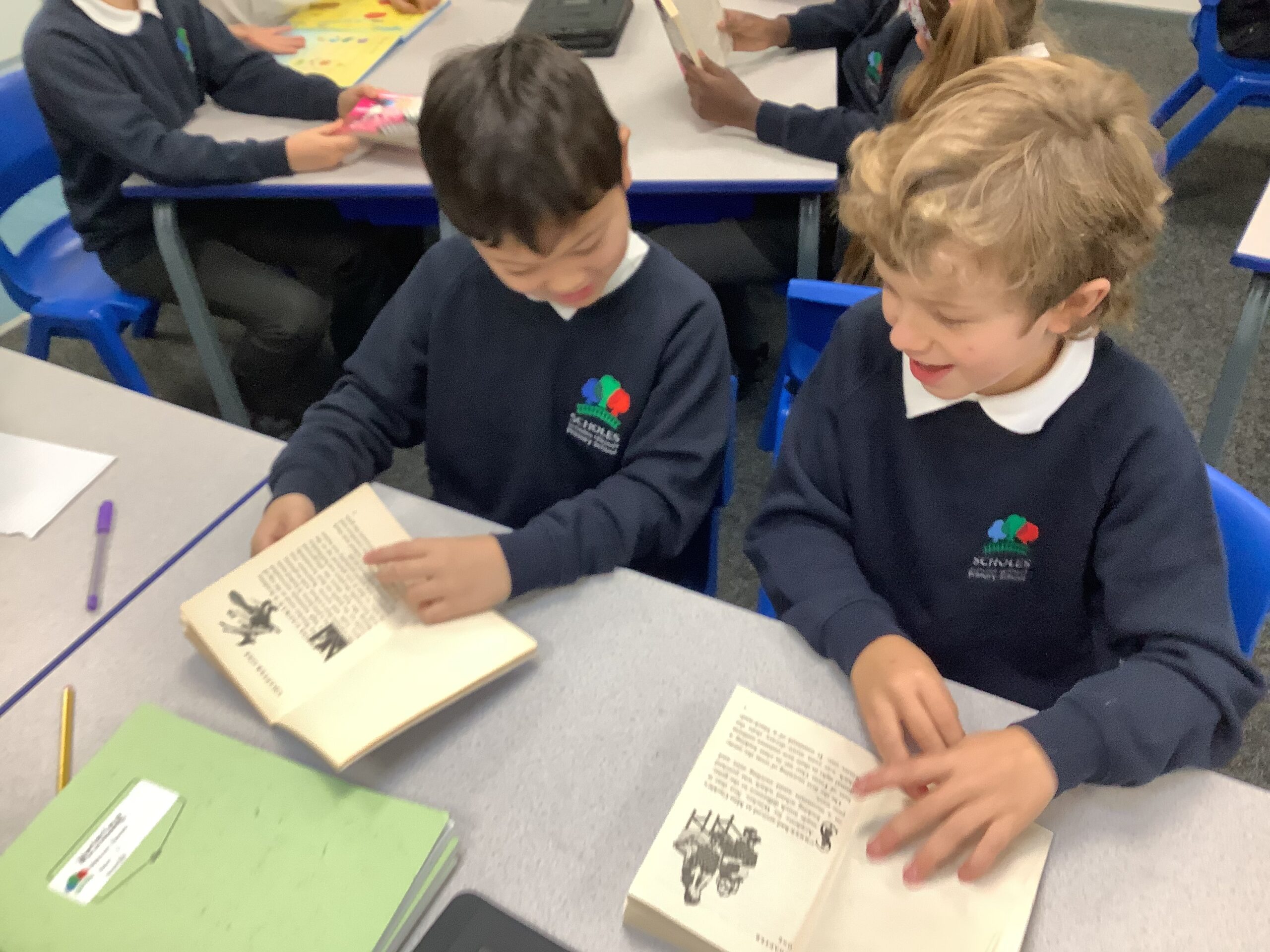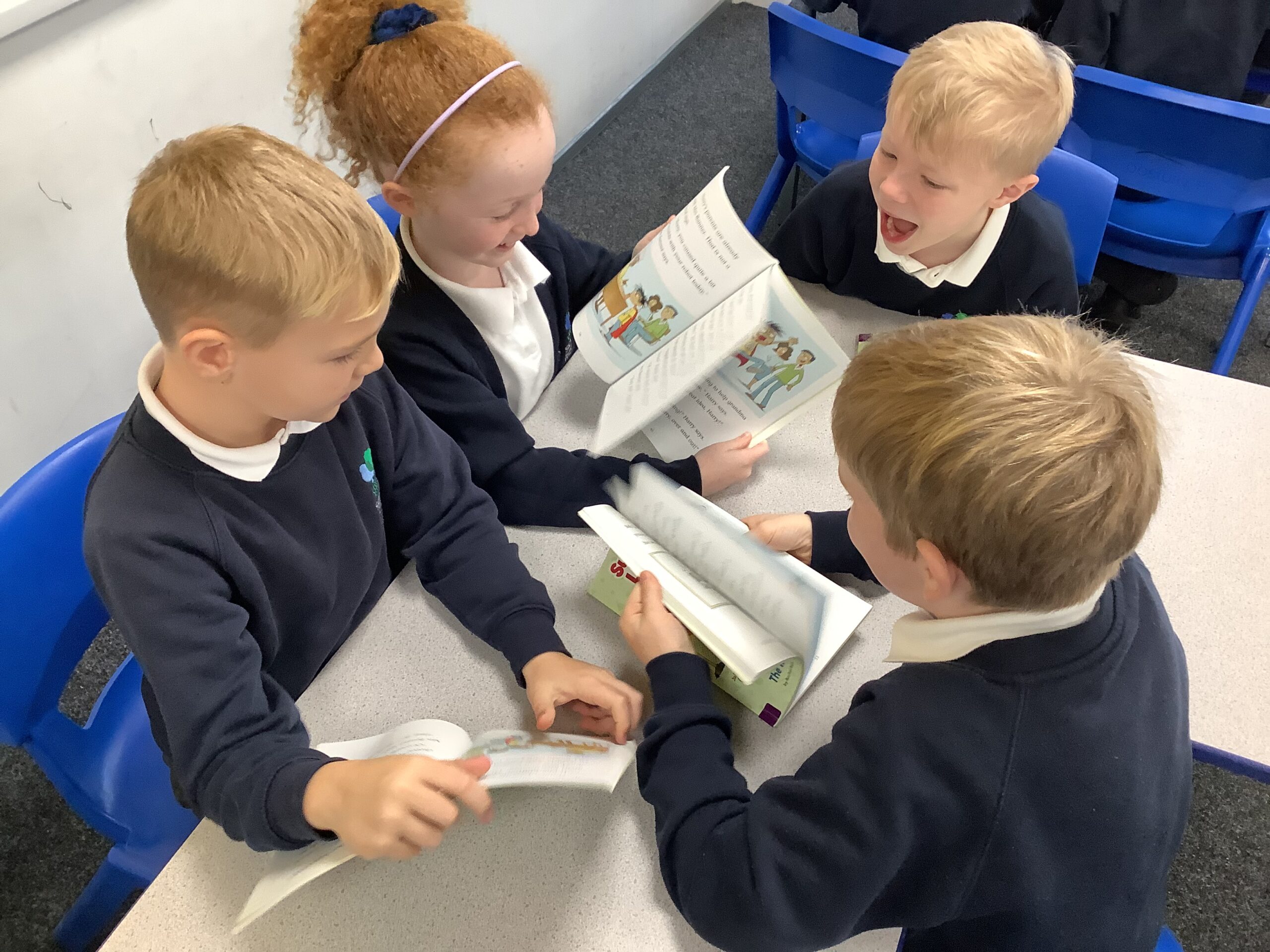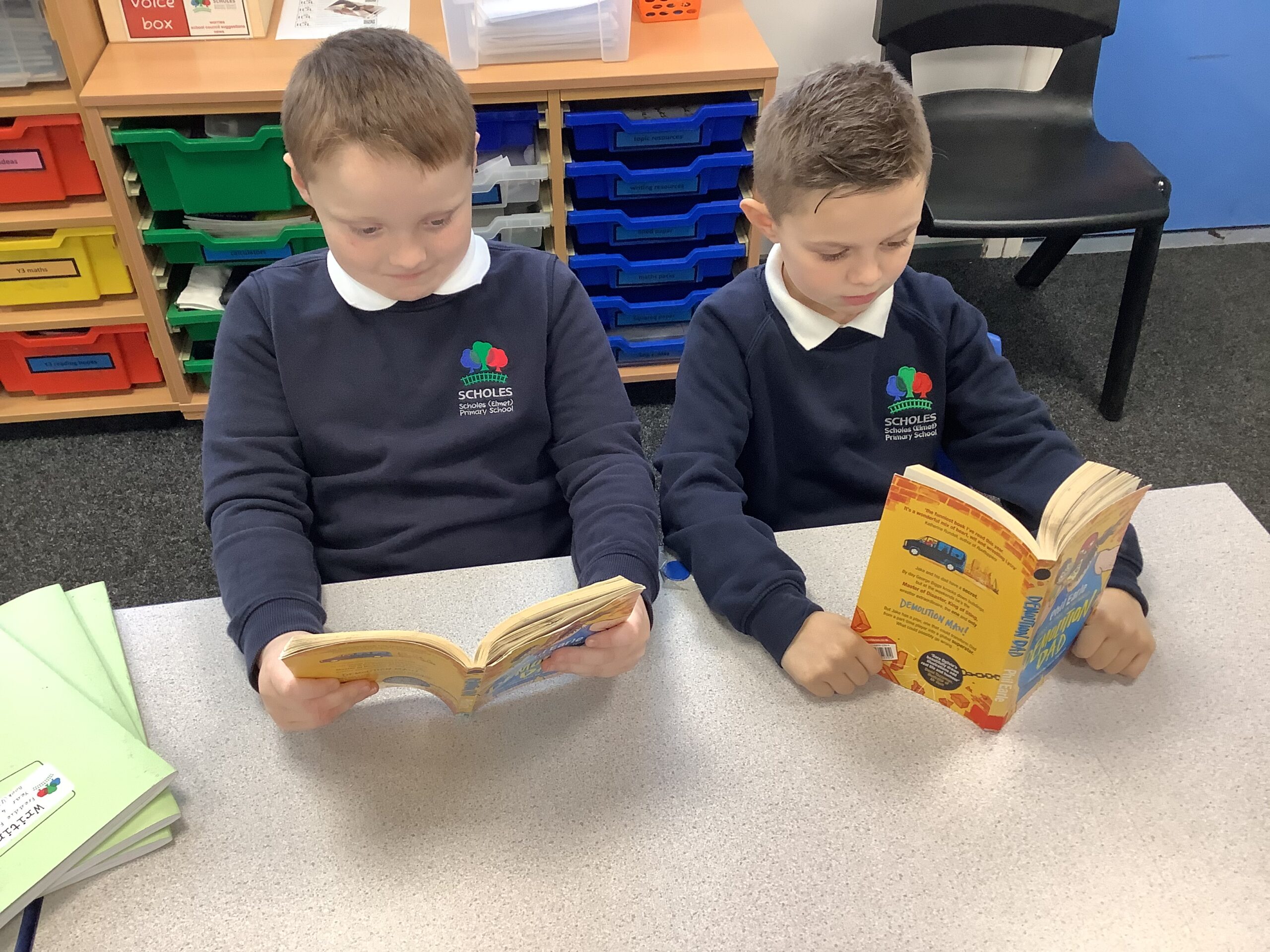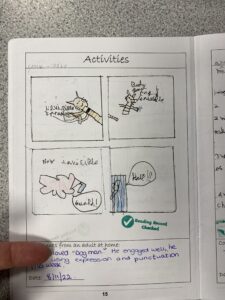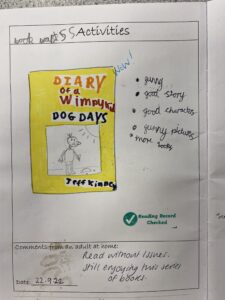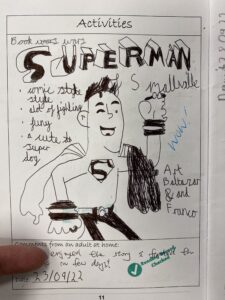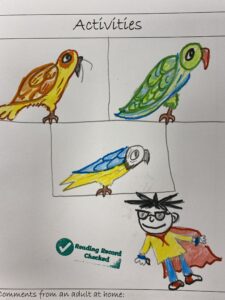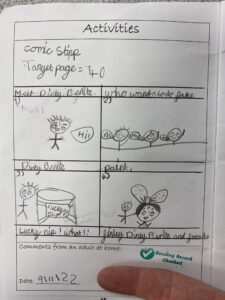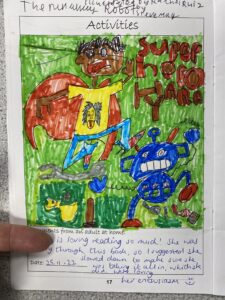Recently, children in Y5,6 were invited to apply for a number of new jobs within school. They had to complete an application form and were even interviewed for their posts. Congratulations to all the children who took the safe risk of applying. Whether you were successful or not, we’re proud of you all for giving it a go.
The journalists will create weekly content for the school website. You get lots of updates from us, but we thought it was important to keep you updated about all the great things happening at school from the most important perspective of all: the children’s.
Hi, this is Louie, Jimmy and Zara here with the first news report of the new year at Scholes (Elmet) Primary School. We have lots of exciting topics to share with you in the next few weeks, but today we are looking through the new activities that have recently started up. In January, new clubs at the school were inserted into the timetable of after-school clubs, including jobs for the children like this one which is taking place at lunchtimes. There are jobs like play leaders and librarians and there are new activities like the girls football team, jewellery club and tag rugby.
We wanted to find out more about what people thought about the clubs and what they were enjoying. We interviewed Rocco in Y5 to find out more about the school football team…
What is after-school football training like? We are very competitive – there is always a big urge to win!
What is your favourite part of playing football? Teamwork as I love seeing and being part of a team and working together.
When you think of football, what comes to mind? The need to win – I am a very competitive person.
Apart from football, what other activity would you do? tag rugby
What is your favourite position on the football pitch? I love the feeling of scoring goals so probably striker.
It’s been a great start to 2024 and we are hoping to carry on like this as a school.
Thank you for reading!
Please note: the journalists received no adult support on creating this news content – it’s all their ideas and their writing!

